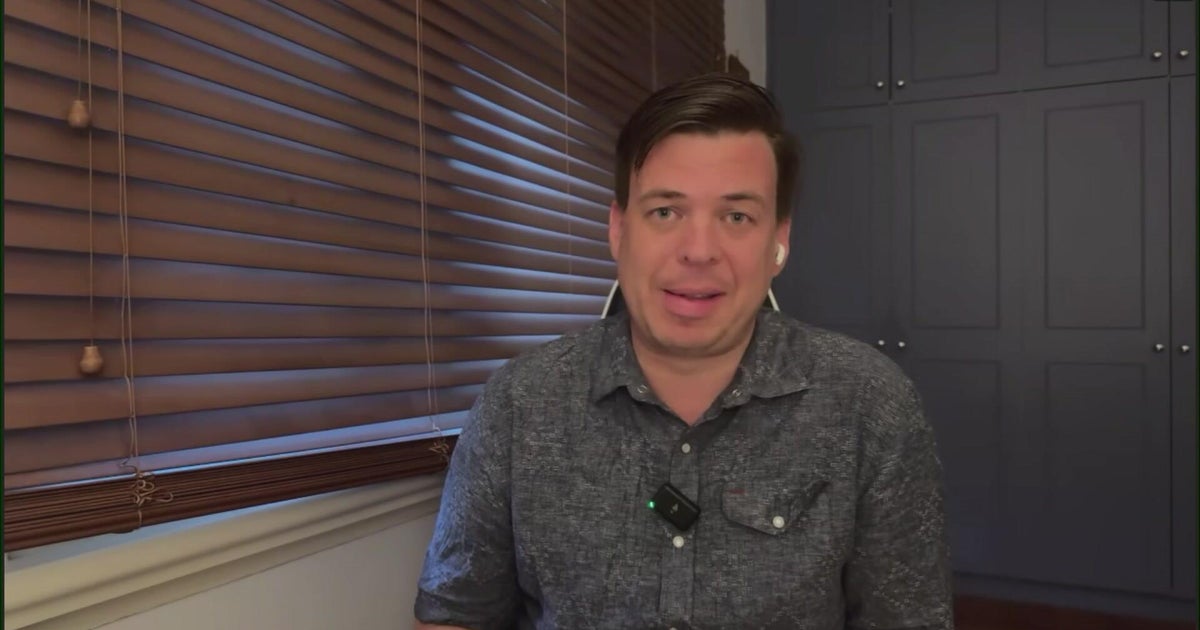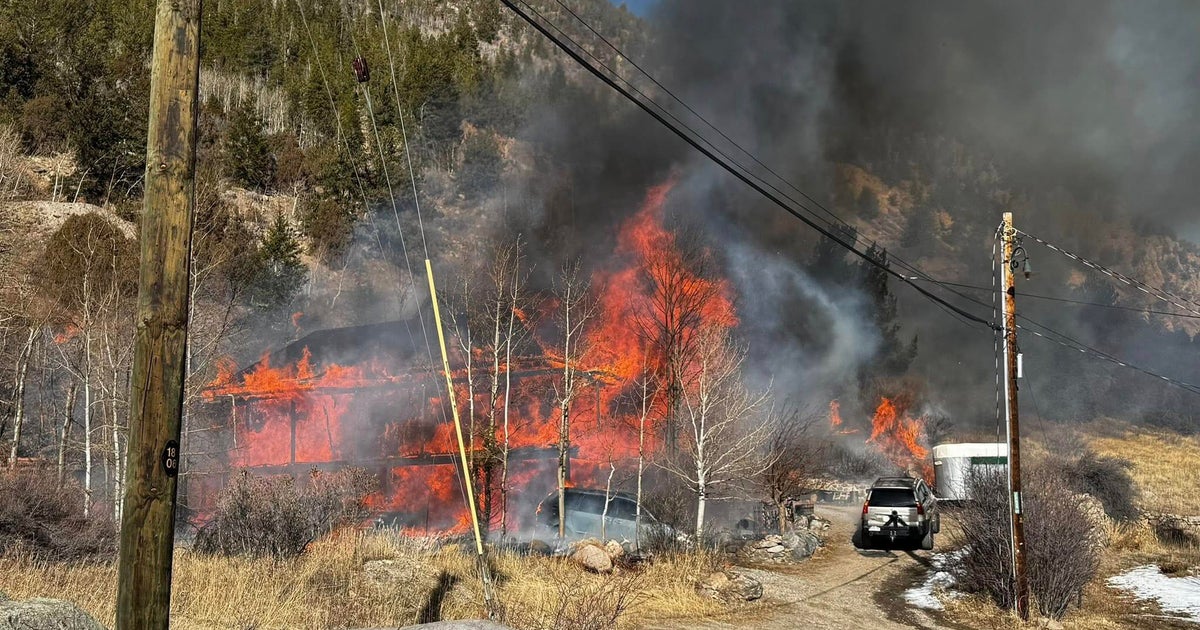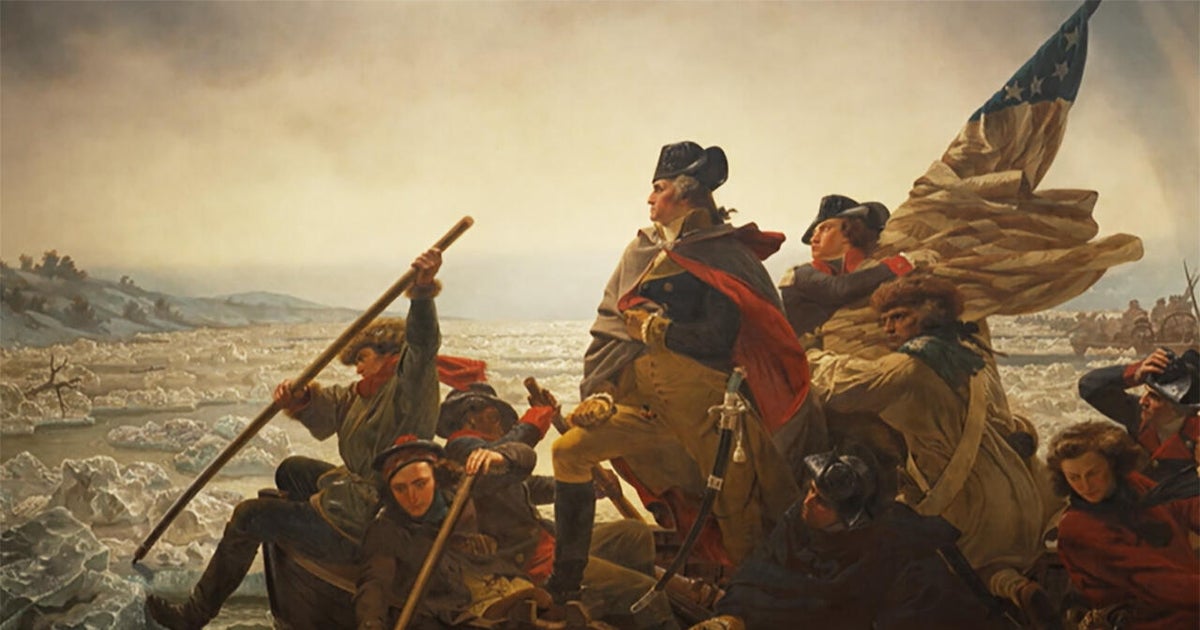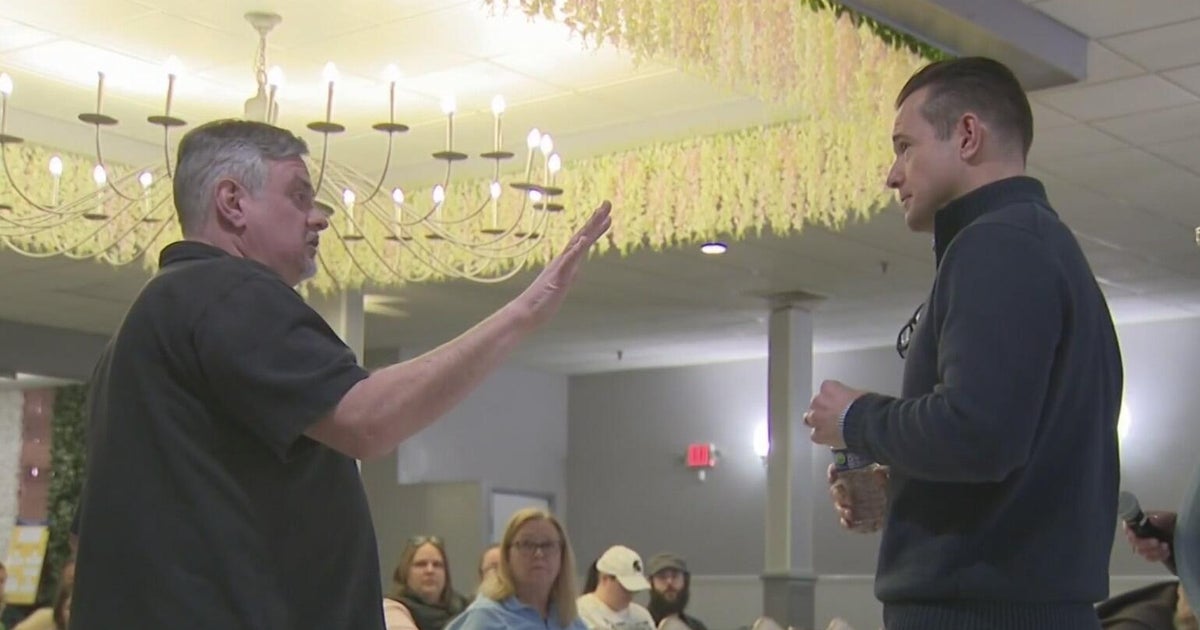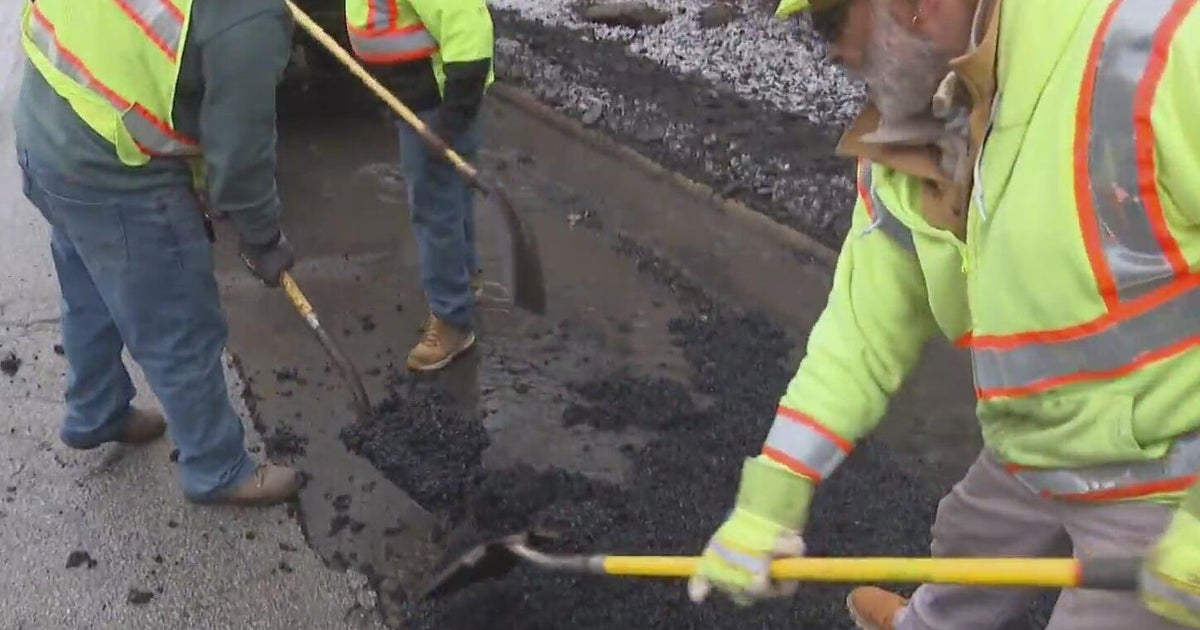How to guard against misleading war information on social media
SAN FRANCISCO -- As people consume more online content related to the Israel-Hamas war, experts say it's important to be aware of where that content originates.
"I've been covering mis- and disinformation for at least the past five years and I think this is the worst that I have ever seen it," said Alex Mahadevan, director of MediaWise at the Poynter Institute. "A lot of what I'm seeing is alleged wartime footage that is actually old or out of context from completely different countries that people are saying is coming from Israel or Gaza."
He referenced specific video.
"A lot of the footage that you saw that claimed to show Hamas fighters parachuting into the country, that actually was not real. That was not from the conflict," Mahadevan said.
He added that consuming misinformation and disinformation is very concerning.
"I think mis- and disinformation can affect how someone sees this conflict. Think about those who have loved ones in Israel or Gaza. Misleading images and video can be really damaging to what they know about the conflict," Mahadevan said.
He added that this war is going to shape politics in the U.S. for years to come and how someone consumes information they find online can affect how they potentially vote in the future.
Grant Kien is a professor of communications at California State University East Bay and he teaches how people communicate through memes.
He showed KPIX how easily memes relating to the war can be found online and can be used by people.
"This is propaganda," Kien said, pointing to a series of memes on Google Images. "It might be tempting for someone to look at this and say 'Yeah, this seems to be the situation.' But it's such a simplification of the issue. It's going to lead us down the wrong path. It's going to form our biases."
Kien added that, when looking for information online, being aware of our own biases is important.
"You can't pick a side to begin with otherwise you're biasing what you're going to find," he said.
Kien and Mahadevan gave some tips on how to fight mis- and disinformation:
- Check multiple new sources
- Look at who is posting something on "X" (formerly Twitter). Who are they?
- Take a screenshot from a video. Plug it into a search engine and track down the original source.
